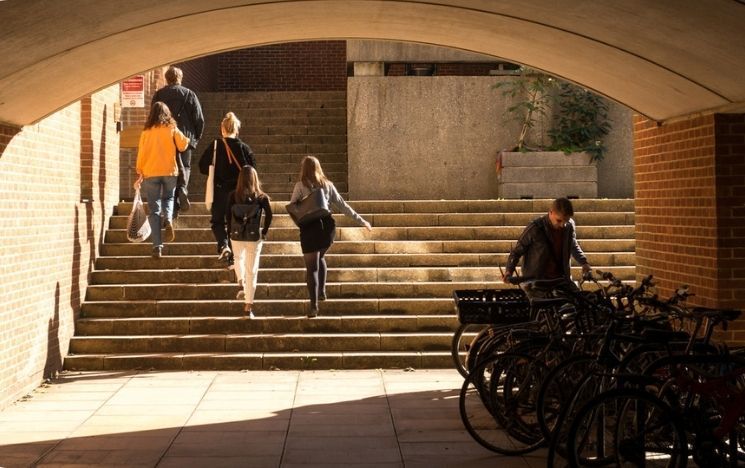Study with us
Explore our courses and entry requirements.
We are one of the most diverse and influential communities of psychologists in the United Kingdom. With strengths in research methods and biological, cognitive, developmental, clinical, and social psychology.
Explore our courses and entry requirements.
Discover the impact of our research activities.
Find out how our expertise can help your organisation.

Learn about our history and values.

Meet the people who make the School.

Read the latest about our research and people.
School of Psychology
Pevensey 1 Building, University of Sussex, Falmer, BN1 9QH
+44 (0)1273 876638
Visit the current students and staff website.